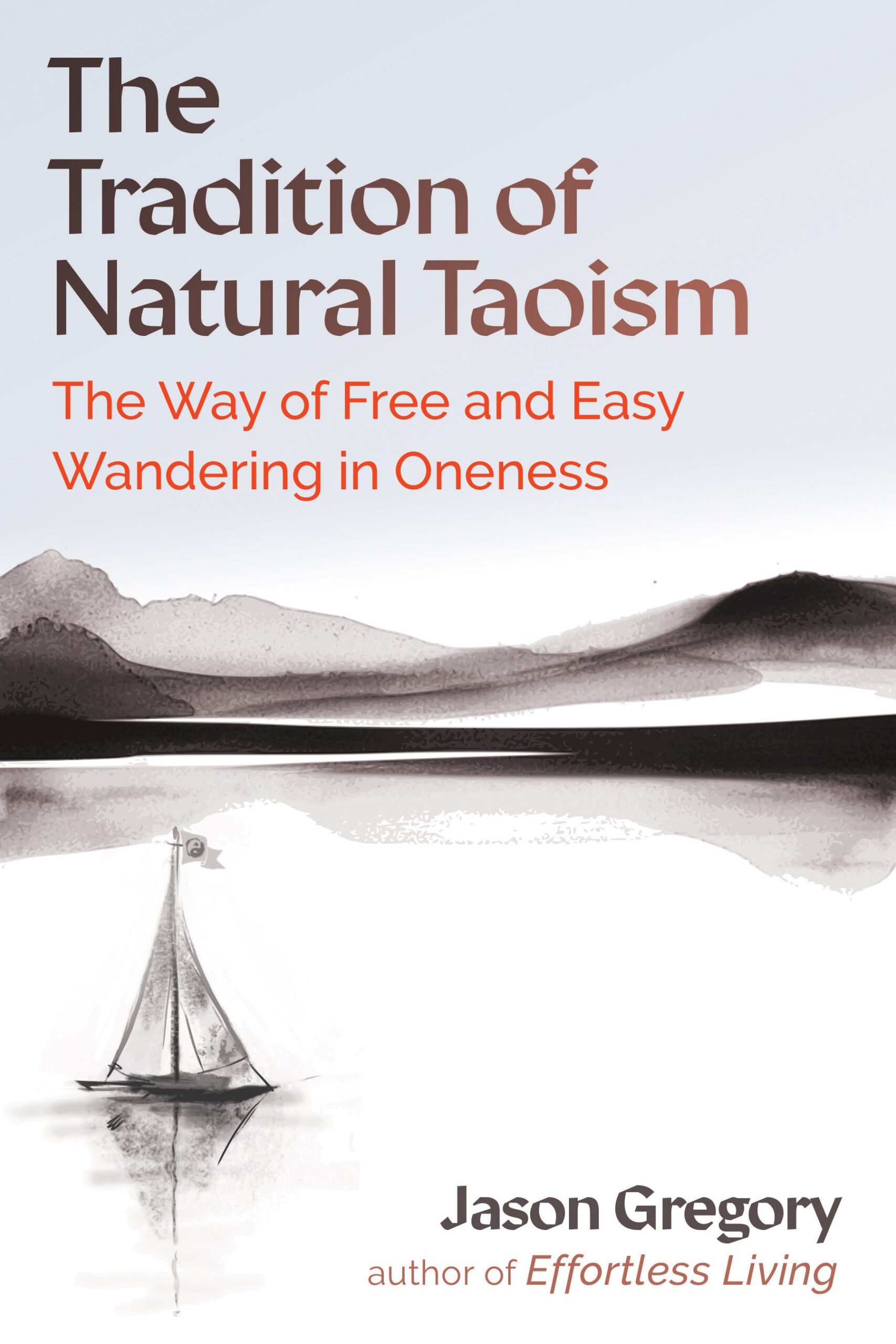In this episode of Enlightenment Today, I will speak about the practice of vairagya in Hindu philosophy. Vairagya is a term that can be translated as dispassion, detachment, or renunciation. Someone who practices vairagya has a dispassionate attitude towards the pain and pleasures of the world. Vairagya refers to an internal state of mind rather than an external lifestyle and this is why it can be practiced by one engaged in family life and career as it can be by a renunciate. But the deepest benefits are often experienced by a renunciate sage. Even though the practice of vairagya is a rejection of all the suffering in the world, it does not mean suppression of or developing repulsion for material objects. By the application of the practice of viveka (spiritual discrimination or discernment) to life experience, the spiritual aspirant gradually develops a strong attraction for the true Self (Atman), which is the inner spiritual source of fulfillment and bliss (ananda). As a result, limited attachments and desires in the world fall away naturally. The great sages advocate vairagya as a skillful means to achieve liberation (moksha), the realization that Atman is Brahman.

